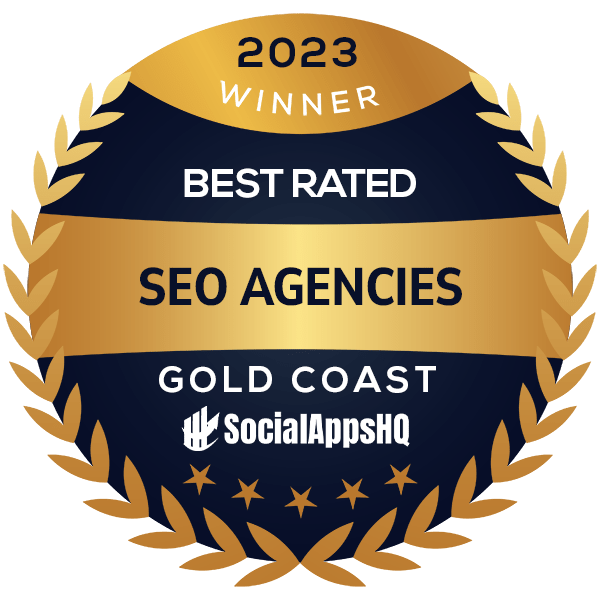
Content Marketing for business is a very popular term in today’s marketing world, and yet many marketers still fail to understand what it is and how to use it efficiently. It’s easy to get lost between social media posts, eBooks, and blog articles, and forget why you’re doing it in the first place and why content marketing is vital for your business.
What is content marketing for business?
A short and comprehensive definition is essential to determine the role of content marketing for your business. Here is the definition provided by The Content Marketing Institute:
“Content marketing is the marketing and business process for creating and distributing relevant and valuable content to attract, acquire, and engage a clearly defined and understood target audience – with the objective of driving profitable customer action.”
The true purpose of content marketing
If you want to do something and be good at it, the first thing you need to know is WHY you’re doing it. You do create content that’s valuable and attracts prospects, but how does this help you sell? The reason why you’re creating content is to demonstrate your expertise in a manner that convinces audiences and allows you to position yourself as an expert.
It’s well-known that there are three conditions to sell: people should know, like, and trust you, and content marketing helps you acquire all three. If other marketing techniques help you achieve awareness and likeability, it’s content marketing that helps you get the trust of your target audiences – if you are an expert, then your claims are true and your product does provide value to the customer.
The essence of content strategy is the belief that if we, as businesses, deliver consistent, ongoing valuable information to buyers, they ultimately reward us with their business and loyalty.
Why content marketing is so important to your business?
Content marketing is not a new technique, in-fact it’s almost 300 years old – in 1732 Benjamin Franklin first published the yearly “Poor Richard’s Almanack”, with the goal of promoting his printing business. Throughout the years, marketers have used content to promote products and services more efficiently, but content marketing had to wait until the 2010s to reach its full potential. What made the difference was the emergence of online marketing, which made content marketing more popular than ever for a number of reasons:
- The term “content marketing” was actually first used at the end of the 90s, when digital marketing was beginning to develop
- It’s a lot easier and cheaper to publish content online rather than using print – and brands can act as publishers without needing to use paid media
- Content marketing return on investment can be determined more precisely by using online tools
- Publishing content on the Internet enables you to attract people who can influence others
- Digital marketing makes it possible to publish content on multiple channels (website, social networks, email, video sharing websites, etc.)
Combining content publishing with online marketing provides you with the most powerful tool available, the only one that can generate leads constantly and transform your prospects into loyal customers. On the one hand, customers are the ones opting in for your marketing messages, instead of you pushing your products at people that might not be interested, and on the other hand, you can employ these highly-effective marketing techniques at lower costs compared to traditional marketing, by using the Internet.
Use different mediums
Website content, blog articles, eBooks, infographics, social media updates, emails, podcasts, videos, images, and so on – all these are online content marketing tactics that can help you interact with your audience at very low costs and without needing to get through a gatekeeper, as it happened with traditional paid media. All you need to know is who your ideal customer is and where this type of audience is active, so you deliver desirable content where people will consume it.
Engaging with your audience
You’ve probably heard that “Content is king”, but marketing expert Mari Smith has added a few extra words to this phrase in one of her tweets: “but engagement is queen and she rules the house”. Content marketing does not automatically increase engagement, but it can help you connect better with audiences if you follow some rules:
- Personalizing your marketing messages
- Using the right channel in a consistent manner
- Allowing customers to control the type of message they are being offered
- Keeping content short and sweet
- Encouraging customers to produce content for your brand
- Engaging with audiences regularly and sticking to a schedule in order to make them anticipate you message
All things considered, marketing is impossible without great content. Quality content should always be part of your process and be included in all forms of marketing and not be used as a separate strategy. Gone are the days when you could just rely on aggressive advertising to make people buy – nowadays you need to master the art of communicating with your prospects and customers without selling. This way, you’ll live up to the expectations of the famous adage “The best marketing doesn’t feel like marketing.”
Sharing is caring!




